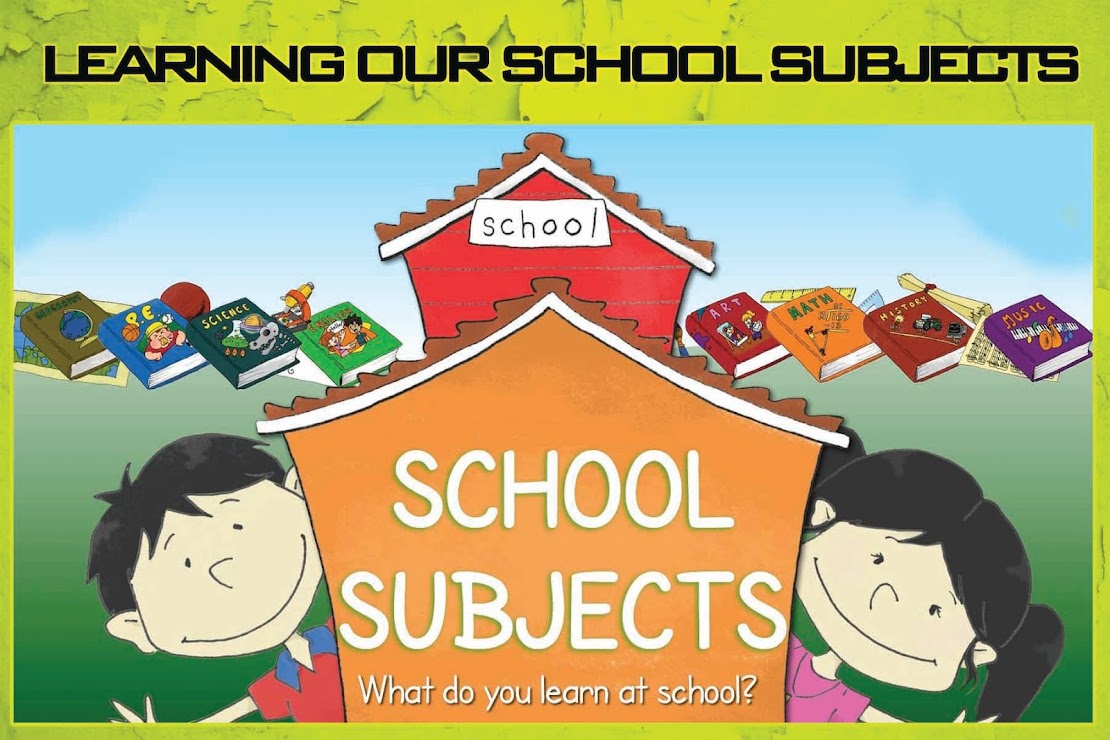CURRICULUM CHANGE AS SOCIO- POLITICAL PROCESS IN INDIA
Curriculum is a runway for attaining goals
of education. It is considered as a blueprint of an educational programme. The
basis for any major curriculum change is significantly to improve the existing
curriculum. The Process of Curriculum
change helps in the assessment of future needs of the existing curriculum along
with a determination of what needs to be changed and the selection of possible
solutions to problems and the means by which the necessary changes can be
achieved.
Politics is a social aspect , because society needs a government to
serve it better, but in democracy in particular. The government is as the
people are and the people are as per the education they receive, therefore
education and politics and so the social good are inter related.
1.
Vedic Period : During the Vedic
period , education was propagated by Rishis, Munis, and Sanyasis. The schools
were then known as Gurukulas and Ashramas where pupils and teachers lived
together forming a big family. The state had nothing to do with the curriculam
methods and duration of education except helping these centres of learning
materially and financially.
2.
Brahminic Period : During Brahminic period also the pattern of
education continued as before. Gurukula and Ashramas flourished and provided
all kinds of education to the children. The state did not interfere with the
working of these centres but helped them in all other ways.
3.
Buddhistic Period : During Buddhistic
period individually organised and managed educational centres of the Vedic and Brahminic
periods developed into big public institutions like the modern universities
Nalanda, Vallabhi, Vikramashila, Nadia were world renowned centres of higher
education which attracted students from all over the world. The management of
these institutions were replaced by the old pattern of individual management , though the state had its role in the organisation,
maintenance and working of all the centres of higher learning. The virus of
political corruption did not enter the portals of these world reputed centres
of learning. Thus they enjoyed complete internal and external autonomy.
4.
Muslim Period : During Muslim
Period the rulers controlled the centres of learning and used education to
propagate the state religion which was Islam.
Thus centred the virus of political influence and corruption in the
sacred precincts of educational centres.
5.
British Period : During the early
British rule , East India company remained quite indifferent towards the
education of Indians. But in 1913 , under the insistence of some Indian and
British scholars, East India Company agreed to shoulder some responsibilities of
education of Indians. About twenty two years the controversy between Western
and Oriental education continued to range giving rise to a number of problems.
Finally lord Macaulay with the purpose of consolidating the British
Empire in India decided in favour of English education and exhorted that ‘A
single shelf of good European library was worth the whole native literature of
India and Indian Languages and literature of India.
Gradually the Government assumed full control, over the aim,
curriculum, methods and medium of education to be given to Indians. In 1854 A.D., on the recommendations of Wood’s
Despatch , the company Government in India established Department of Education
and four Universities on the pattern of London Universities. The Hunter
Commission of 1882 recommended the opening of Govt. schools an provided a
scheme of govt. financial aid to encourage public initiative for opening more
and more privately managed schools.
The result of this effort
was that the govt. began to open more and more schools, colleges and
Universities for Academic , Vocational and Professional education of the people. In 1919 , the
central govt. transferred its responsibility towards education to popularly elected
ministries in all provinces of India. Since then education is a responsibility
of the state govt., the role of centre being advisory and financial help.
6.
Modern Period : After Independence, education was assigned to both
the state and central control in some aspects and areas. Central govt. controls
a few universities and institutes of higher learning, but the rest of the
educational institutions in the country are under the full control of their
respective states , privately managed educational institutions are awarded
recognition by the state governments which also provide to them grant-in-aid and
other financial supports for their maintenance and growth. In short , the state
govt. controls all the educational activities and processes including the
curriculum of the institutions.

No comments:
Post a Comment